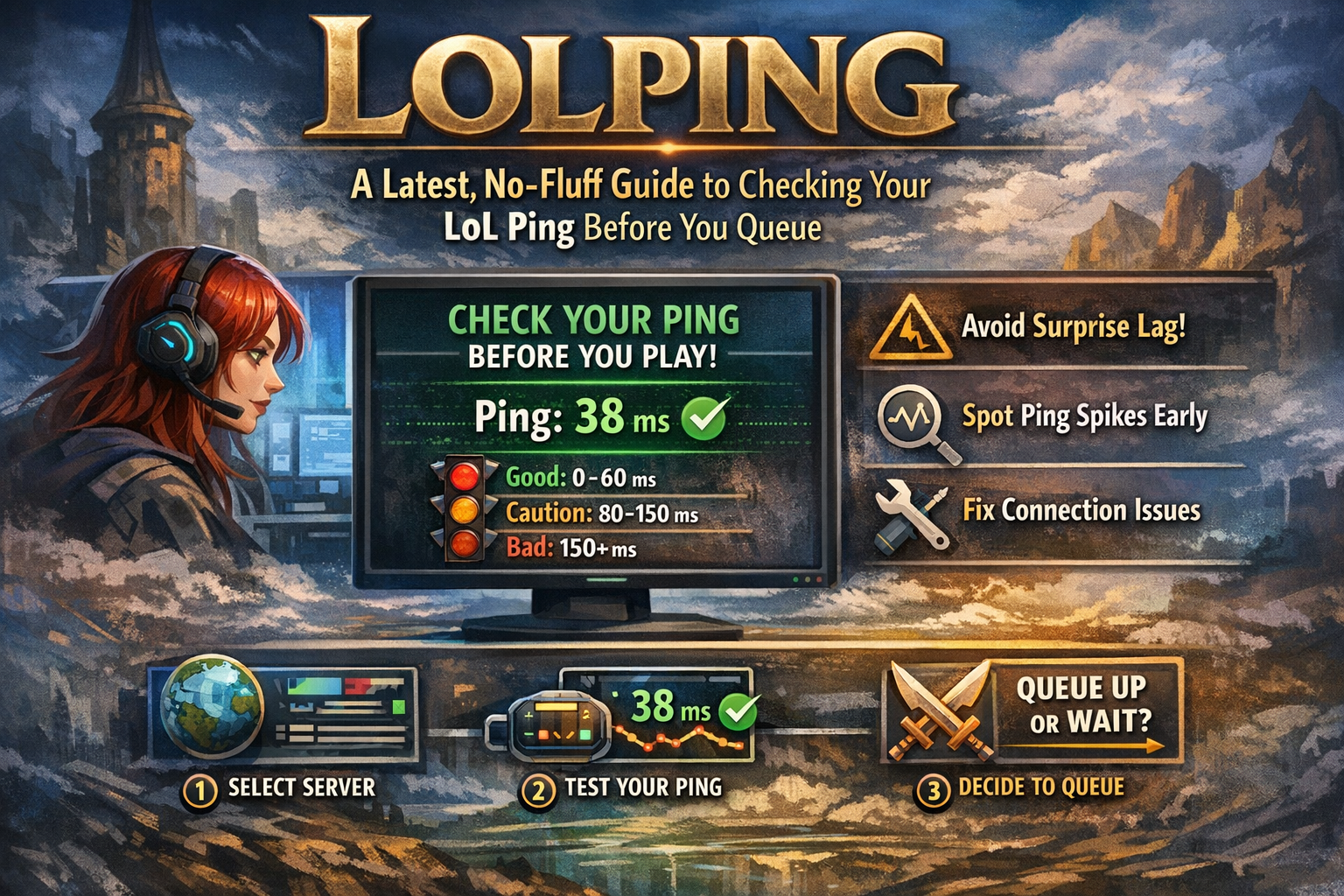Introduction
Ever stumbled across a word — or even just a handful of letters — that made you stop and think, What on earth does that mean? That’s the magic of i̇ns. It’s small, it’s peculiar, and it’s got a story to tell. Sure, at first glance it might look like a typo from your last text message, but trust me, there’s more brewing under the surface than you might expect.
In this article, we’ll unpack i̇ns in all its glory — exploring where it might come from, what it might symbolize, and how it weaves its way into language, culture, and even the human psyche. We’ll ask the strange questions, chase the unexpected tangents, and maybe even answer that nagging little “Why?” sitting in your head right now.
1 The First Glance: What’s Up with i̇ns?
If you’re looking at i̇ns for the first time, you’ll notice the odd little dot over the i. That’s not your average English character — it’s a Turkish dotted i, which means i̇ns already carries a hint of cross-cultural mystery.
-
In Turkish, ins is often a shorthand for insan, meaning “human” or “person.”
-
In other contexts, ins could be part of a code, abbreviation, or even a typo for “ins” in English, as in “install” or “instructions.”
-
And in purely imaginative terms? It could be the name of a mythical creature, a brand, or even a concept that ties people together.
Funny how just a few characters can hold such a range of possibilities, right?
2 — Language Loves Its Oddballs
Languages aren’t just about rules; they thrive on quirks. That’s where i̇ns really shines — it’s a wildcard that could slip into multiple linguistic and cultural decks.
The Turkish Connection
Let’s start with what we do know:
-
In Turkish, i̇ns is tied to the word insan (human).
-
This opens the door to philosophical musings — is i̇ns the essence of humanity in miniature form?
-
The unique dotted “İ” in Turkish reminds us that even a single letter can carry history, phonetics, and cultural nuance.
English Interpretations
Drop the dot and suddenly ins could mean:
-
Insider knowledge — “He’s got the ins on the latest trends.”
-
Insurance — “Have you paid your ins this month?”
-
Installations — “The tech team is finishing the ins tomorrow.”
See what happened? One tiny detail changes the entire conversation.
3 The Cultural Symbolism of i̇ns
The real magic happens when you step outside the strict definitions and ask: What could i̇ns mean to us creatively?
1. i̇ns as Humanity in Miniature
If i̇ns is tied to “human” in one language, it’s not a leap to imagine it as a shorthand for all the things that make us, well, us. That could mean:
-
Our quirks
-
Our flaws
-
Our boundless curiosity
2. i̇ns as a Digital Age Signature
In an era where usernames and handles rule online spaces, i̇ns could be a personal brand. Minimalist, mysterious, and memorable.
3. i̇ns as a Poetic Fragment
Think of it as a fragment of a longer story — a whisper of something that came before or will come after. Poets and storytellers could run wild with it.
4 How i̇ns Could Play in Modern Life
From hashtags to hidden codes, i̇ns has a way of sneaking into unexpected corners.
Social Media Hashtags
The shorter the hashtag, the better the reach. Imagine #i̇ns trending — a mix of Turkish speakers, code enthusiasts, and curious strangers trying to figure it out.
Branding Potential
Minimalist brands love short names. i̇ns could be the next big thing in:
-
Fashion labels
-
Tech startups
-
Indie music groups
Art and Design
Visual artists could take the dotted i̇ and turn it into a recurring motif, symbolizing identity, individuality, or even global connection.
When Words Travel, They Change
Here’s the thing about language: once a word or fragment starts traveling across cultures, it transforms. And i̇ns is no exception.
Adoption and Adaptation
Just like “emoji” came from Japan and “café” from France, i̇ns could take on new shades of meaning wherever it lands.
In English, you might hear it in slang:
-
“I’ve got the i̇ns with the right crowd.”
-
“She’s totally in on the i̇ns.”
In creative writing, it could become a symbol of secrecy — the word that’s never fully explained.
6 — Could i̇ns Become a Trend?
Absolutely. And here’s why:
-
It’s short and catchy. People remember it.
-
It’s visually unique. That dotted İ grabs attention in a sea of plain letters.
-
It’s adaptable. It can be serious, playful, mysterious, or corporate.
-
7 — Fun Ways to Use i̇ns in Your World
Want to bring i̇ns into your life? Try these ideas:
-
As a creative prompt — Write a short story where is the only clue.
-
As a code — Use it in a puzzle, password, or treasure hunt.
-
As a design element — Incorporate the dotted i̇ into your art or logo.
-
As a conversation starter — Ask people, “What do you think i̇ns means?” and watch the ideas flow.
FAQs About i̇ns
Q1: Is i̇ns a real word?
Yes — in Turkish, it’s part of the word insan, meaning “human.” But it can also be adapted creatively.
Q2: How do you pronounce i̇ns?
In Turkish, it’s pronounced a bit like “eens” — with the dotted i sounding like the English “ee” in “see.”
Q3: Can I use in English writing?
Definitely! Just be aware it may confuse some readers — but that can be part of the fun.
Q4: Why is the dot on the İ important?
It’s part of the Turkish alphabet and changes the sound completely. Without it, you’d be looking at a different letter.
Conclusion: A Tiny Word with Big Potential
At first, might seem like a passing curiosity — a little oddball sitting in the middle of your screen. But once you start digging, you realize it’s a rabbit hole into language, culture, creativity, and human connection.
It’s a reminder that meaning isn’t fixed. Sometimes, a thing can be both familiar and strange, practical and poetic. And in a world overflowing with noise, maybe it’s the small, mysterious things — like — that spark the biggest conversations.
So, the next time you see those three little letters with that quirky dot, maybe you won’t just scroll past. Maybe you’ll stop, think, and wonder: What’s the story here?















Leave a Reply